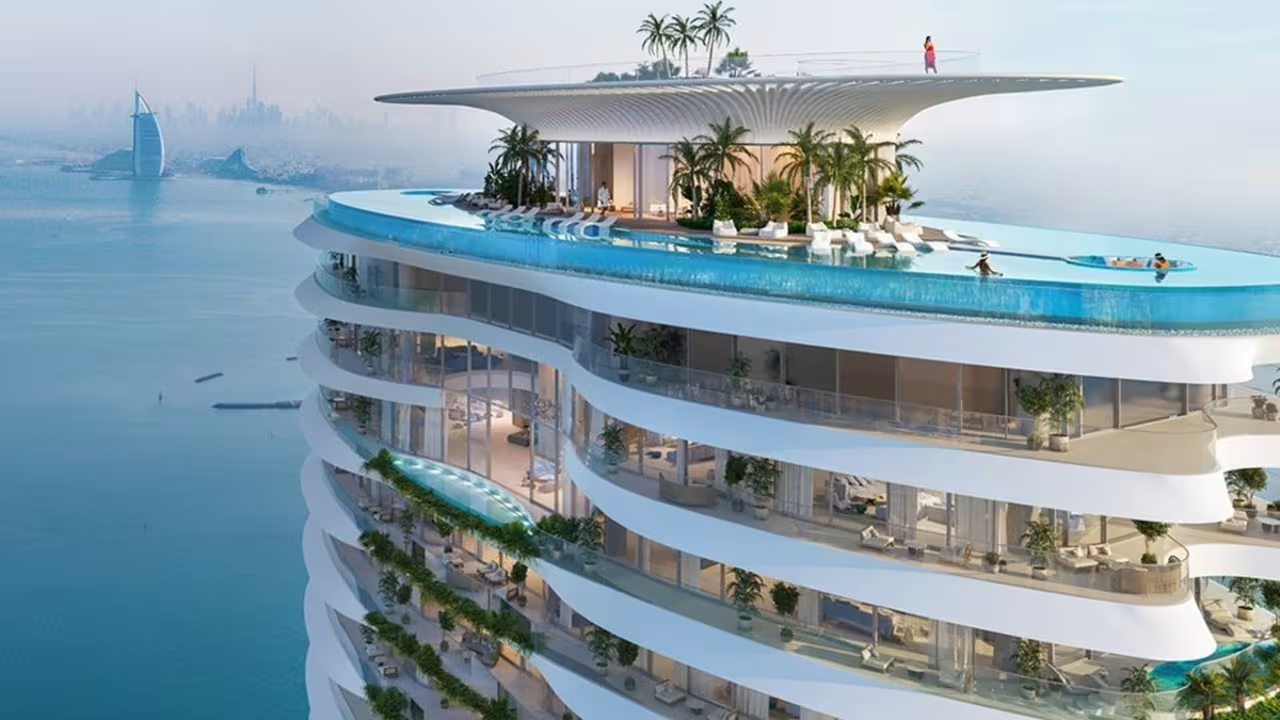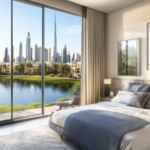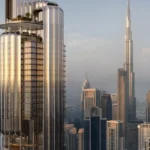Now Reading: Dubai Real Estate Investment Warning Market Looks Fragile
-
01
Dubai Real Estate Investment Warning Market Looks Fragile
Dubai Real Estate Investment Warning Market Looks Fragile
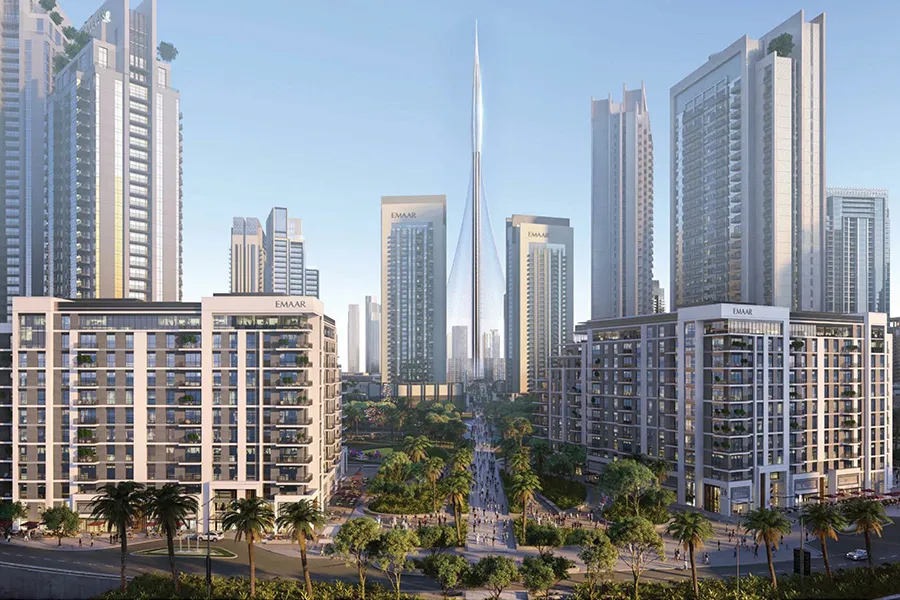
Dubai real estate investment has been one of the hottest global opportunities in recent years. Property prices have soared, international buyers have flocked to the market, and luxury developments have consistently set new records. From penthouses on Palm Jumeirah to villas in Emirates Hills, investors have enjoyed strong returns. But a recent viral YouTube video posted this August has raised concerns, claiming the Dubai property market may be more fragile than it appears.
The video has quickly caught the attention of real estate watchers and investors worldwide. While Dubai continues to enjoy a wave of foreign capital inflows, experts warn that the market’s fundamentals may not fully support the current pace of growth. This brings us to the key question: Is your Dubai real estate investment truly safe?
Why the August YouTube Video Went Viral
The video in question features a financial analyst breaking down Dubai’s housing market using charts, data, and comparisons with global property cycles. It argues that while Dubai has enjoyed one of the most dramatic real estate booms post-2020, several red flags suggest that investors should tread carefully.
Among the main points highlighted in the video are:
- Property prices have risen nearly 60 percent since 2021 in some segments.
- Record-breaking luxury sales, while impressive, may not reflect sustainable demand.
- A large supply pipeline of over 200,000 new units is scheduled to hit the market in the next two years.
- Rising global interest rates could cool foreign investor appetite.
- Rental yields, while still attractive, are starting to plateau in key areas.
These points have resonated with both local and international audiences, sparking debates across forums, social media, and investor circles.
The State of Dubai Real Estate in 2025
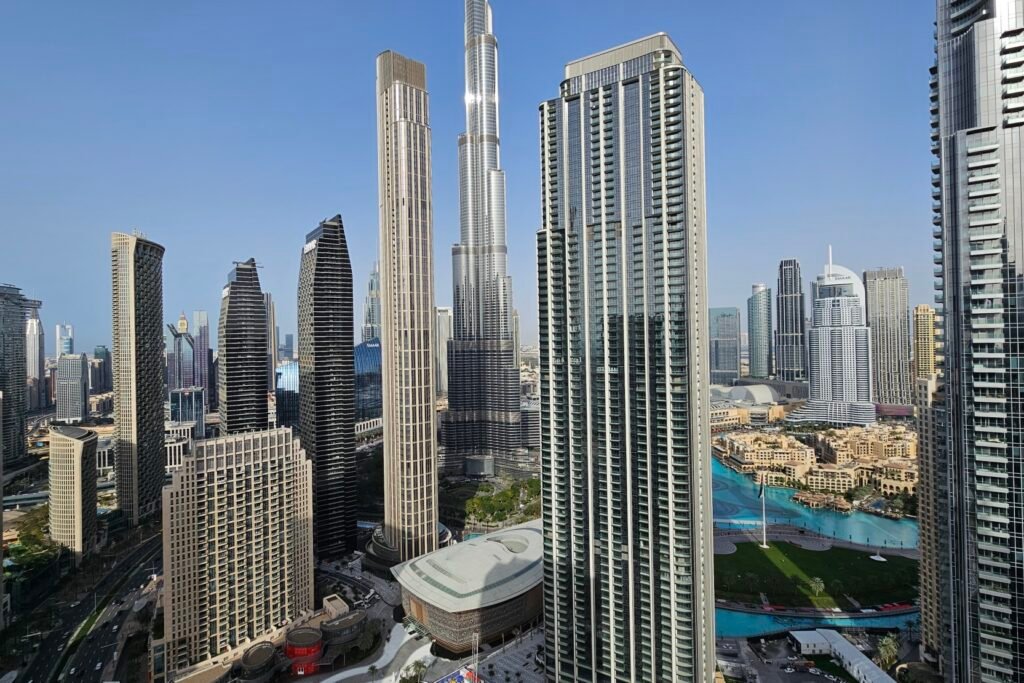
To understand whether Dubai real estate investment is at risk, we must look at the broader context.
Price Growth and Market Momentum
Since 2021, Dubai has witnessed one of its strongest property booms in over a decade. Luxury properties, in particular, have dominated headlines. Penthouses on Palm Jumeirah have sold for more than AED 500 million, while branded residences like Armani, Bulgari, and Atlantis The Royal have commanded record-breaking premiums.
Mid-market properties have also seen appreciation, though at a slower pace. Communities such as Jumeirah Village Circle, Dubailand, and Dubai South have attracted budget-conscious buyers and long-term residents.
Investor Mix Has Changed
Unlike previous cycles, today’s buyers are more diverse. Investors come from Europe, Asia, and Africa, in addition to traditional buyers from the GCC and South Asia. Many are end-users seeking second homes or safe havens for capital rather than speculative flippers.
Rental Demand is Still Robust
Dubai’s population growth has supported high rental demand. Expat inflows remain strong, with companies relocating staff and high-net-worth individuals acquiring Golden Visas. Rental yields of 6–8 percent in some areas remain attractive compared to global cities like London or Hong Kong.
Still, as the viral video warns, these positive indicators must be weighed against structural risks.
Why Experts Call the Market Fragile
So why are analysts cautious about Dubai real estate investment despite the strong momentum? Here are the key reasons.
Oversupply Concerns
One of the biggest risks is oversupply. Developers are racing to meet booming demand, but history has shown that Dubai often struggles when too much supply enters the market. If the 200,000+ units currently planned are delivered without equal demand, prices could soften.
Global Economic Factors
Dubai’s real estate market is highly globalized. Rising interest rates, tighter lending conditions, and slower economic growth worldwide could reduce capital inflows from international investors.
Rising Costs of Living
Dubai remains attractive, but costs have risen significantly. School fees, rent, and living expenses have all climbed, which could discourage long-term expats and slow rental demand growth.
Market Psychology
Markets often move on perception as much as fundamentals. Viral videos, media reports, and investor sentiment shifts can accelerate downturns if enough people begin to believe the market is overvalued.
Comparing This Cycle to the Past
Dubai’s real estate market has gone through cycles before. The 2008 crash saw prices drop by more than 50 percent. A similar but smaller correction occurred around 2014–2016.
This time, however, there are differences:
- Regulation is stronger, with escrow accounts and RERA oversight reducing speculative bubbles.
- Demand is broader, with genuine end-users alongside investors.
- Infrastructure and lifestyle offerings have matured, making Dubai more attractive as a permanent base.
Still, as history shows, no market is immune from corrections, especially one that has seen rapid appreciation.
What Investors Should Do Now
If you are considering a Dubai real estate investment or already own property, here are some practical takeaways from the current situation.
Focus on Prime Locations
Areas like Downtown Dubai, Palm Jumeirah, and Dubai Marina tend to hold value better during downturns compared to emerging neighborhoods.
Watch Supply Pipelines
Be cautious of communities with too many upcoming projects. Oversupply can quickly erode rental yields and capital appreciation.
Consider Rental Yield Stability
Instead of chasing headline-grabbing luxury deals, look for mid-tier properties with strong rental demand. These often provide more stable income even in weaker markets.
Diversify Your Portfolio
Don’t put all your capital into Dubai real estate. Consider diversifying across asset classes or geographies to reduce exposure.
Think Long Term
Dubai remains an attractive destination for long-term investors. Short-term speculators may face volatility, but those with a 5–10 year outlook can still benefit from Dubai’s growth story.
Is Dubai Still Worth Investing In
Despite warnings that the Dubai property market is fragile, it remains one of the world’s most attractive real estate markets. Favorable tax policies, high rental yields, and global demand continue to draw investors.
The question is not whether Dubai real estate investment is good or bad—it’s whether buyers approach it with realistic expectations. Those who buy blindly during a market frenzy risk disappointment. But those who carefully select properties, understand supply-demand dynamics, and take a long-term view can still find excellent opportunities.
Conclusion
Dubai real estate investment has captured global attention once again, with record-breaking sales and viral headlines showcasing its appeal. Yet, as the August YouTube video highlighted, the market is not invincible. Oversupply risks, global economic pressures, and rising living costs could expose fragility beneath the glitter.
For investors, the key is balance. Dubai remains a magnet for wealth and offers strong opportunities, but caution, research, and long-term thinking are more important than ever.
If you are asking, “Is my Dubai investment safe?” the answer depends on how you approach it. For the careful and patient investor, Dubai still holds promise. For the speculative buyer hoping for quick flips, the risks may outweigh the rewards.
Do follow us : Instagram



